If you’re someone who is queer or has queer friends or family members, you may have noticed or experienced a certain intensity around those relationships. But the highs and lows of the relationship itself are hardly a match for the absolute drama, mayhem and tear-fest that is our breakups. We don’t get out of bed for days, our friend circles get the worst of us or don’t see us step out for weeks on end, and sometimes, a dramatic haircut or tattoo or career change may be borne out of the breakup too.

Me? I checked all those boxes. When my first real queer relationship ended, I grew my hair out, got a tattoo, got way too fond of red wine, and took a hard turn from a career in natural sciences to vaguely knowing that I wanted to write on queer love and our mental health.
It was easy to think that was just me, but over the years, I’ve seen lesbian Youtubers break up dramatically on social media, queer influencers unfollowing and blocking each other, while my own queer friends endured similar levels of pain and grief with their own heartache.
Why did it hurt so bad? I had been open about being bisexual for years, and yet, no amount of gentle or mature breakups with men had remotely prepared me for the first time a woman ended things with me.

On a superficial level, most people claimed it was simply because ‘women felt more intensely’ or that ‘lesbians got way too committed way too quickly’. But my gay male friends and nonbinary queer friends weren’t far from the trope of having it down bad with their breakups.
So why did queer breakups seem to hurt so differently?
Finding light at the end of a long, dark tunnel
When you’re a lonely queer person in a sea of straight people, surrounded by TV shows and movies that only feed you dead or dying gay characters, or bicurious ones who eventually return to heterosexual ease, it’s easy to feel like happiness, playfulness and a long or stable life are not for us to have or experience. Having a queer partner, in this case, isn’t merely about dating or exploring a partnership. It becomes a grand symbol of hope, of possibility, of life beyond pain and a chance to be something in this world that didn’t really give you much to hope for before.

It’s a lot of pressure–to have only one person in the world who feels like you may do more than just survive. It’s even more pressure being the only person that someone hinges their existence and sanity on. To feel like a person may only be looking after their health or keeping their finances in check for as long as you stick around, is extremely difficult. It’s no wonder that both parties leave feeling exhausted, lost and terrified of having to fall in love ever again, when they walk away from each other.
No longer being the only black sheep
Growing up in families that, at best, cannot relate with you or your needs, and at worst, want nothing to do with you, is often extremely isolating. We are usually born and schooled in environments where the stakes for validation and acceptance are ridiculously and terrifyingly high. So when you meet a queer partner who either understands your own burden of living the life of a black sheep in a family, it can feel like the first time our nervous system actually gets to relax. While our straight friends may have to deal with issues of curfew, control, sexism or invasions of privacy with their own parents, for queer people, it can often look like forced therapy visits, constant shaming of our appearance and mental health and an accelerated pressure to move out and become financially independent before our peers feel the same.

Having a partner who finally makes you feel a little less insane, can be life-changing. Sometimes it’s where our lives finally begin at all. Losing that validation can then feel like maybe we deserved the harshness of our families all along.
New families, new hope
For those of us who luck out with partners whose families are a little more accepting, sometimes we may not be merely attached to the person we are dating. Whether our partner’s families see us as their partner or ‘just a very close friend’, it’s freeing to find parental figures who look at us with a little more care and tenderness than our own blood families have offered. Along with their vague kindness or direct acceptance, comes the hope that maybe we won’t have to be alone after all.
So when we lose that relationship, the hope of having some kind of family in the future goes away with it.
Queer love and ‘the blob’
When safe queer spaces and queer friends are hard to come by, the queer partners we make sometimes become the face of all our social endeavours. We take them everywhere we go, we make friends together because it feels safer to have them by our side, and we attend gigs or watch all our movies together. Everything that once made you the individuals you once were, is now fuel for the couple you are today.

Every pop culture reference is shared, financial decisions are made together, your hair stylist is now her hair stylist too, and you forget where they end and your begin. Even emotional regulation or boundaries are built as one enmeshed unit and not as a team of two people. So when you break up, it feels as intense as having lost an extension of yourself. The pressure to now rediscover your personal identity outside of them feels like it could bury you. The idea of now needing a new place to cut your hair or a new band to listen to at home because everything is also her band, her song, her movie, her favourite dialogue or her favourite actor, is simply too much to catch a break from.
The power and pressure of representation
But surviving queer breakups is not just about the person you lost. It’s also the exhausting pressures and I-told-you-so’s from the world outside that relationship. Parents will tell you that you’re better off trying to be straight or ‘getting over this phase’. Friends who don't get it, will probably make it worse by saying “I knew this would happen” or other reductive phrases that barely allow you to tell your story.

The pressure we feel to make our relationships last and never have any hiccups is really high. Whether conscious or not, many of us don’t get the opportunity to simply date and see where it goes and take life as it comes. We have to prove our queerness to the world, we have to prove the longevity and depth of our relationships, and we have to keep carrying the weight of ‘good representation’ so the world doesn’t use our mistakes as an excuse to vilify the entire community.
Nobody gets to just be a silly teenager or a gentle 20 something when the world demands perfection and proof of character and nothing less from you.
The shame of watching a partner ‘go back’ to straightness
As the world also convinces us that queer identities and relationships are fleeting and temporary, we also feel like we must express 100% queerness and not show room for fluidity with our gender and sexuality. Going from a distinctly queer relationship to one that is remotely straight-passing is terrifying too, because it comes with the added weight of peers thinking our ‘queer phase’ is over, or that going to heterosexual dynamics is inevitable. The shame that kicks in when our partners leave us for a coincidentally straight-passing relationship can also feel scary. In our heads, it can escalate to feeling like we single-handedly ruined the queer experience for our partners and are the reason they rejected a more visibly queer life altogether.

Perhaps one of the biggest reasons why queer relationships are so hard to move on from and let go of is the fact that with all these factors combined, queer people in countries that have not yet legalised or made it more socially acceptable, is that we simply do not get to just date.
There is no room for error, there is no social support if you fumble or have a partner make a mistake with you. Nobody holds you up to make sure you grow from the pain and learn to be better the next time you do it. Simultaneously, our queer relationships are also spaces where we learn to play multiple roles. We learn to be the financial provider for two so our partners have more space to plan their lives or seek therapy or move away from their blood families. We learn to parent each other in the absence of guidance from our own parents.

We don’t just date. We work hard to embody as many roles and figures as possible just to see our partners thrive. So when that fails, we find ourselves missing an entire family, an entire network of support and solidarity and not just a partner.
If only we lived in a world where queer people could try new things, fail, experiment with new dynamics and grow with as much security and confidence as our straight peers, maybe we wouldn’t be a sobbing or numbed out mess every time a relationship ended.




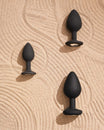
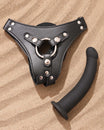

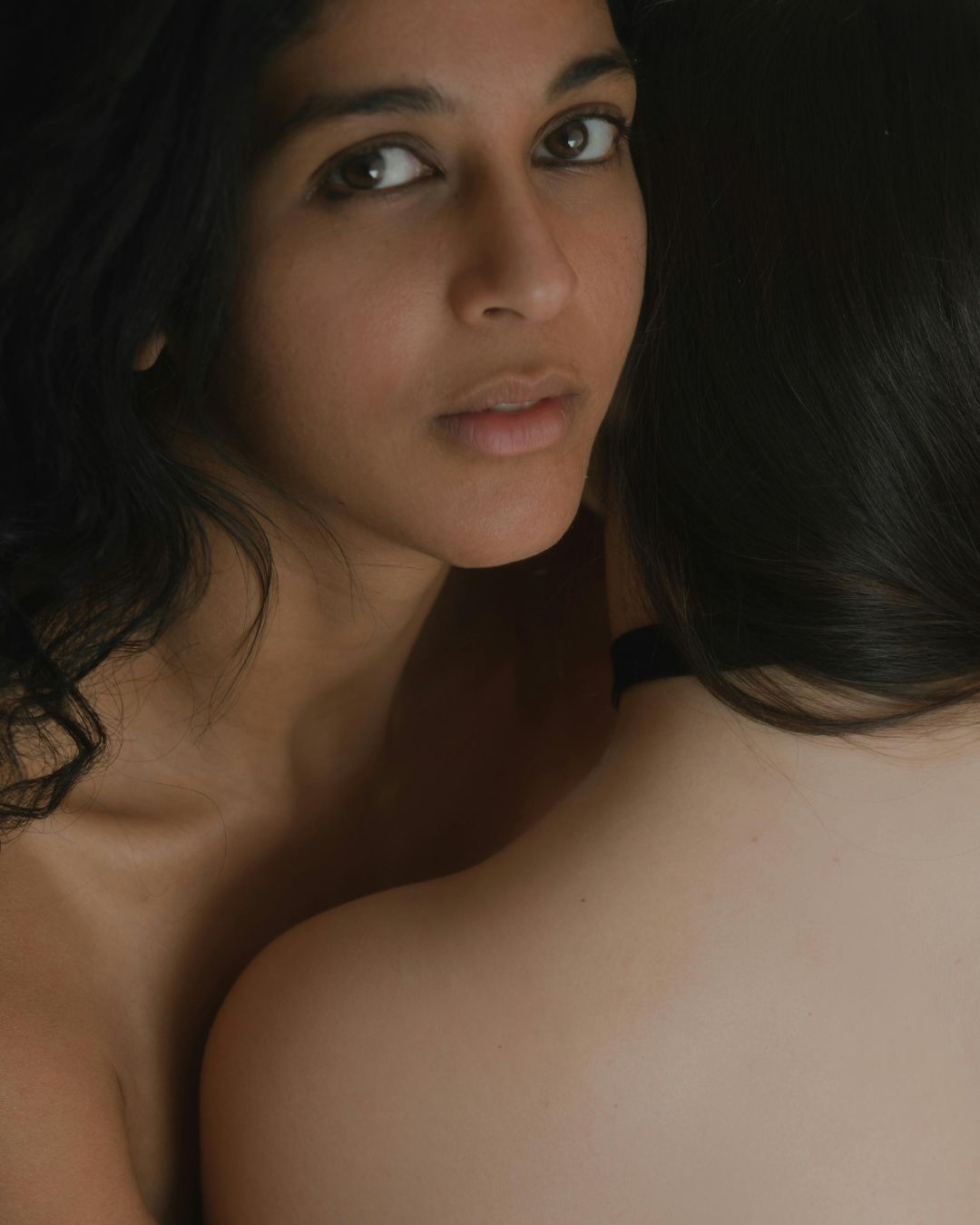
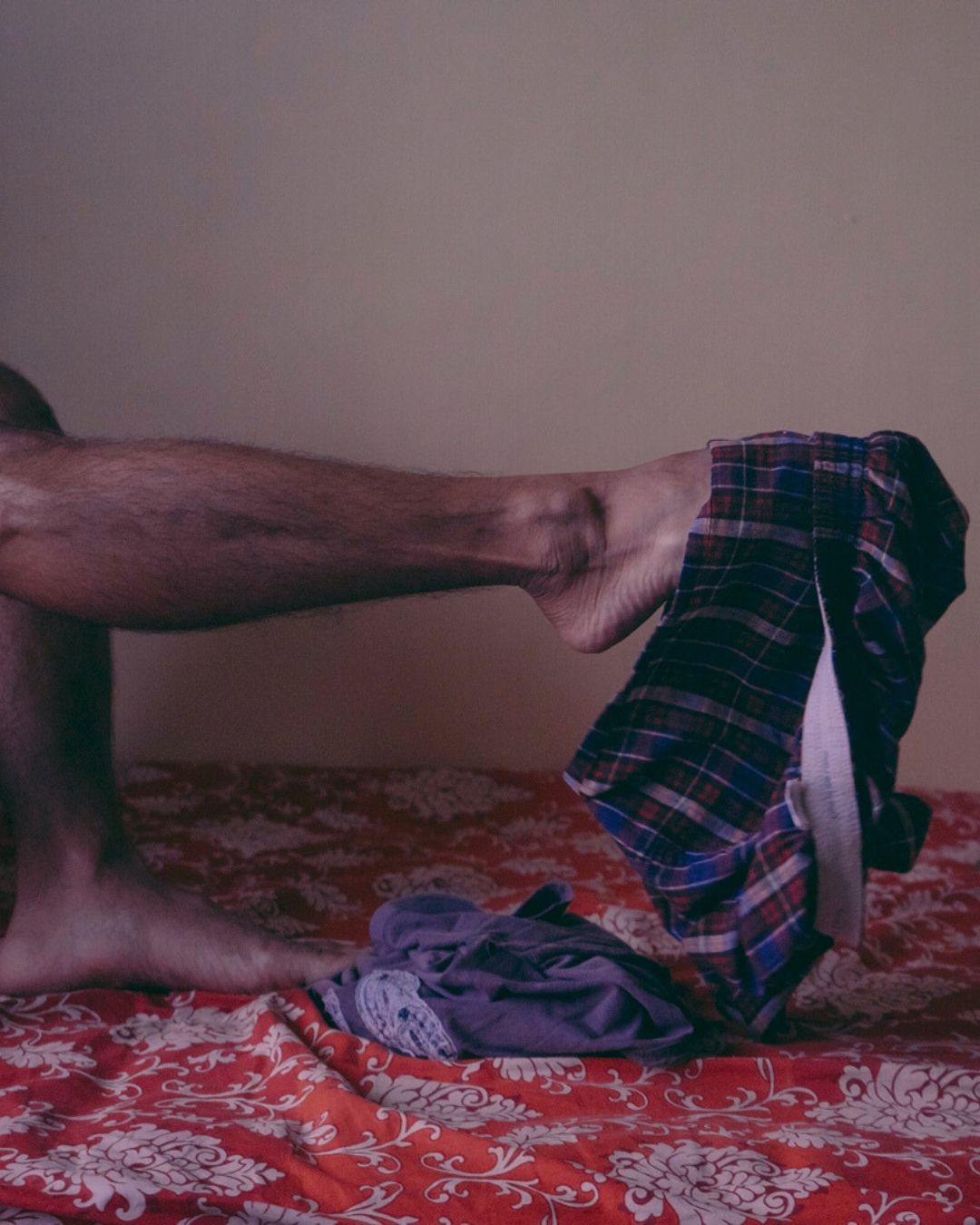
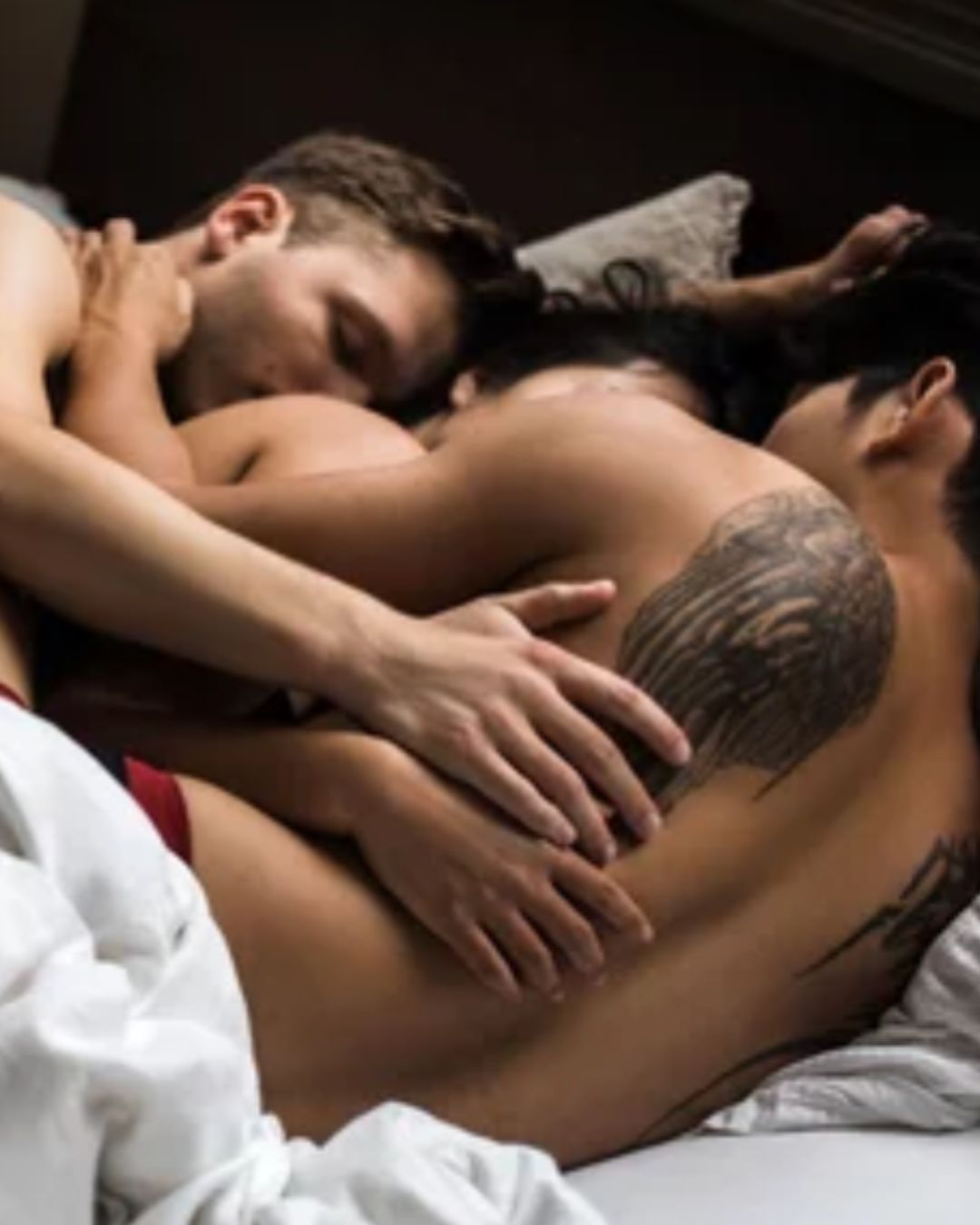
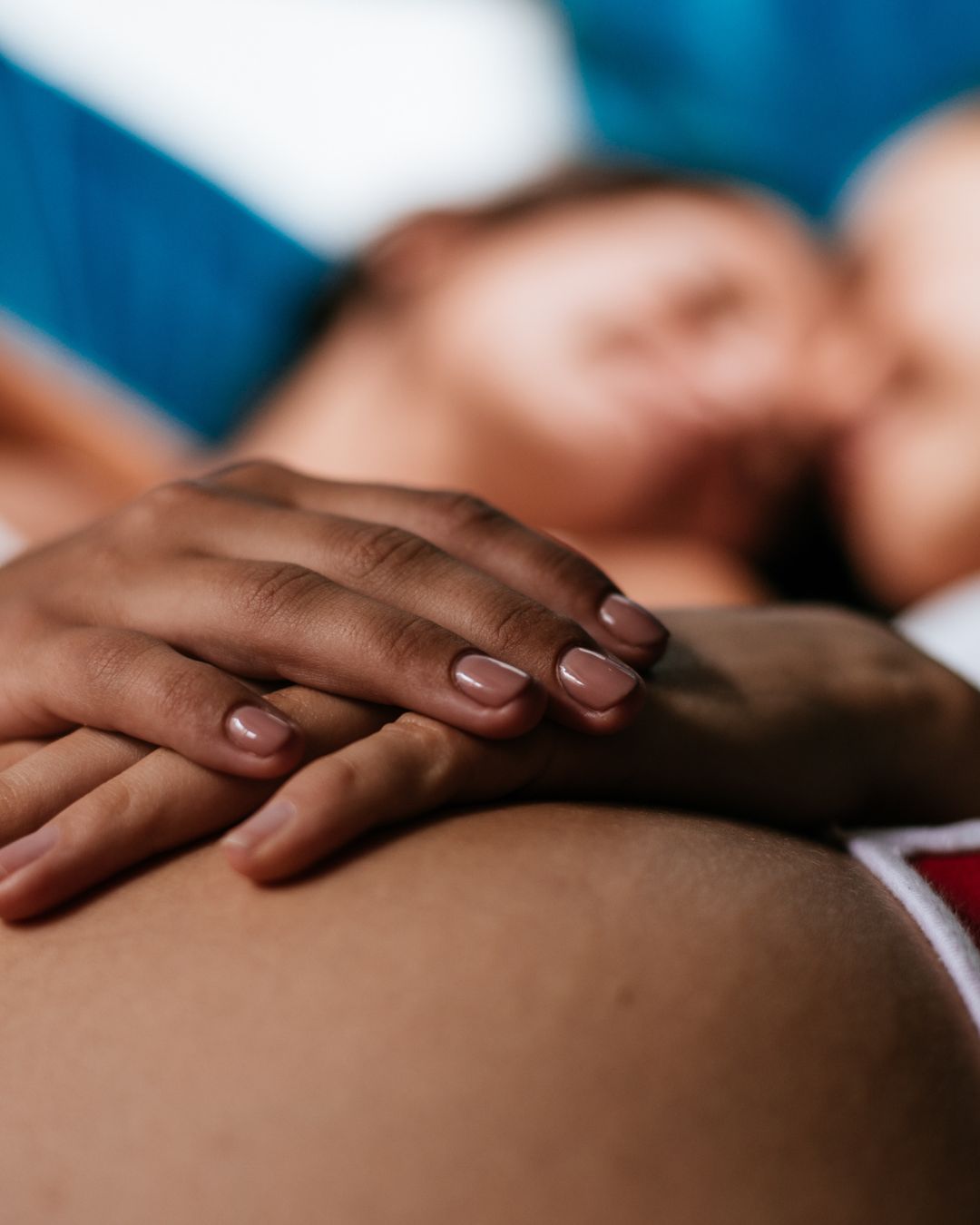
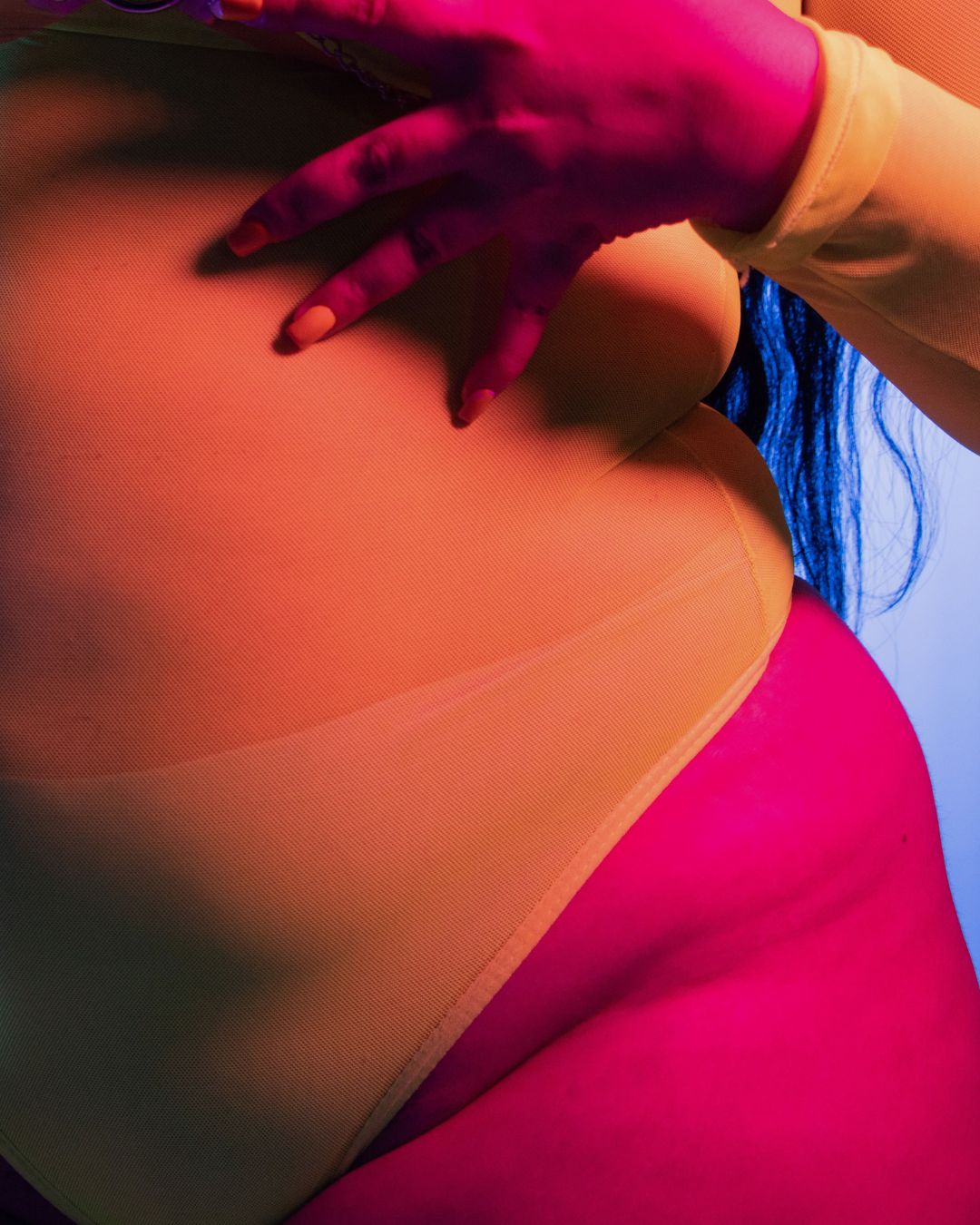
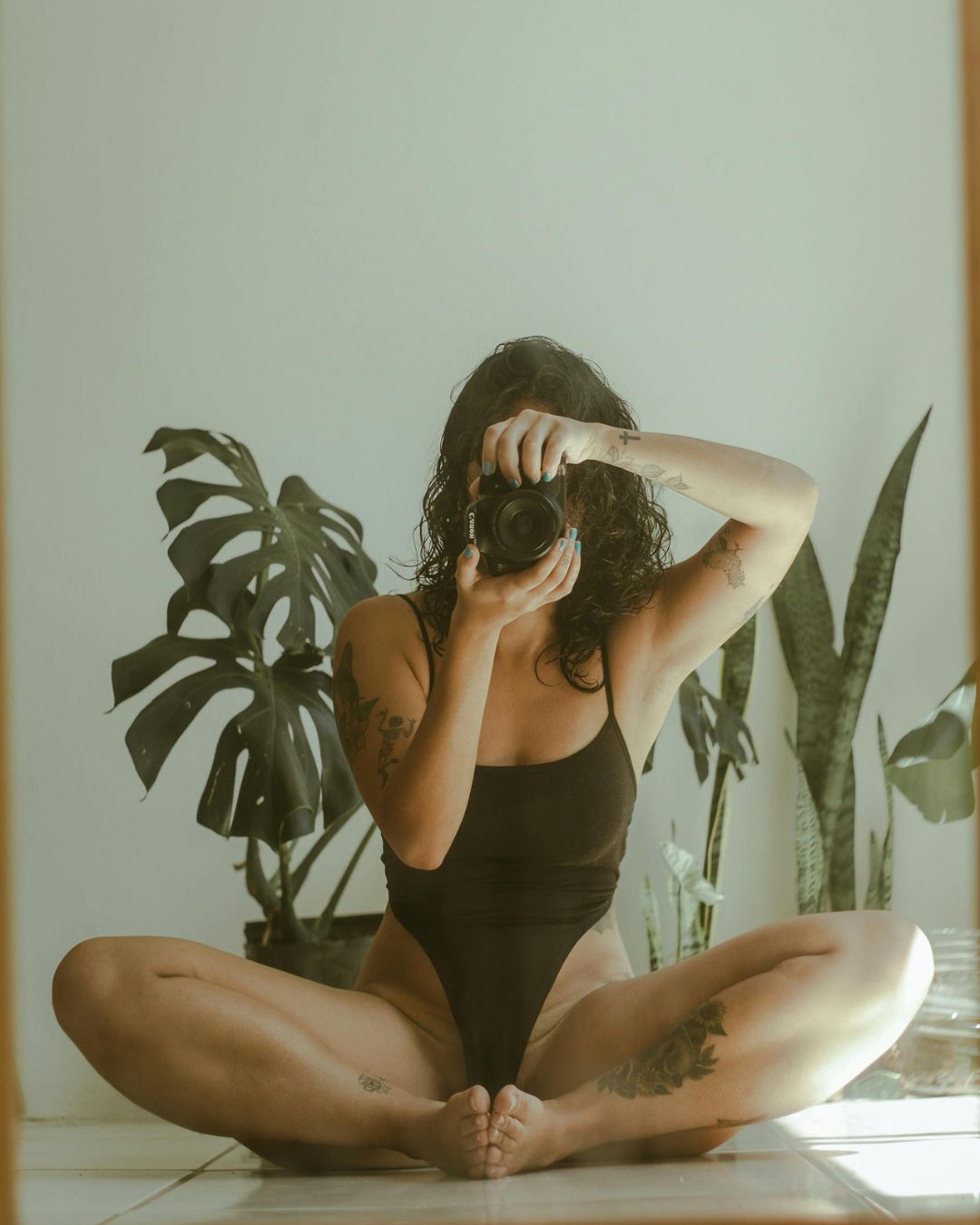
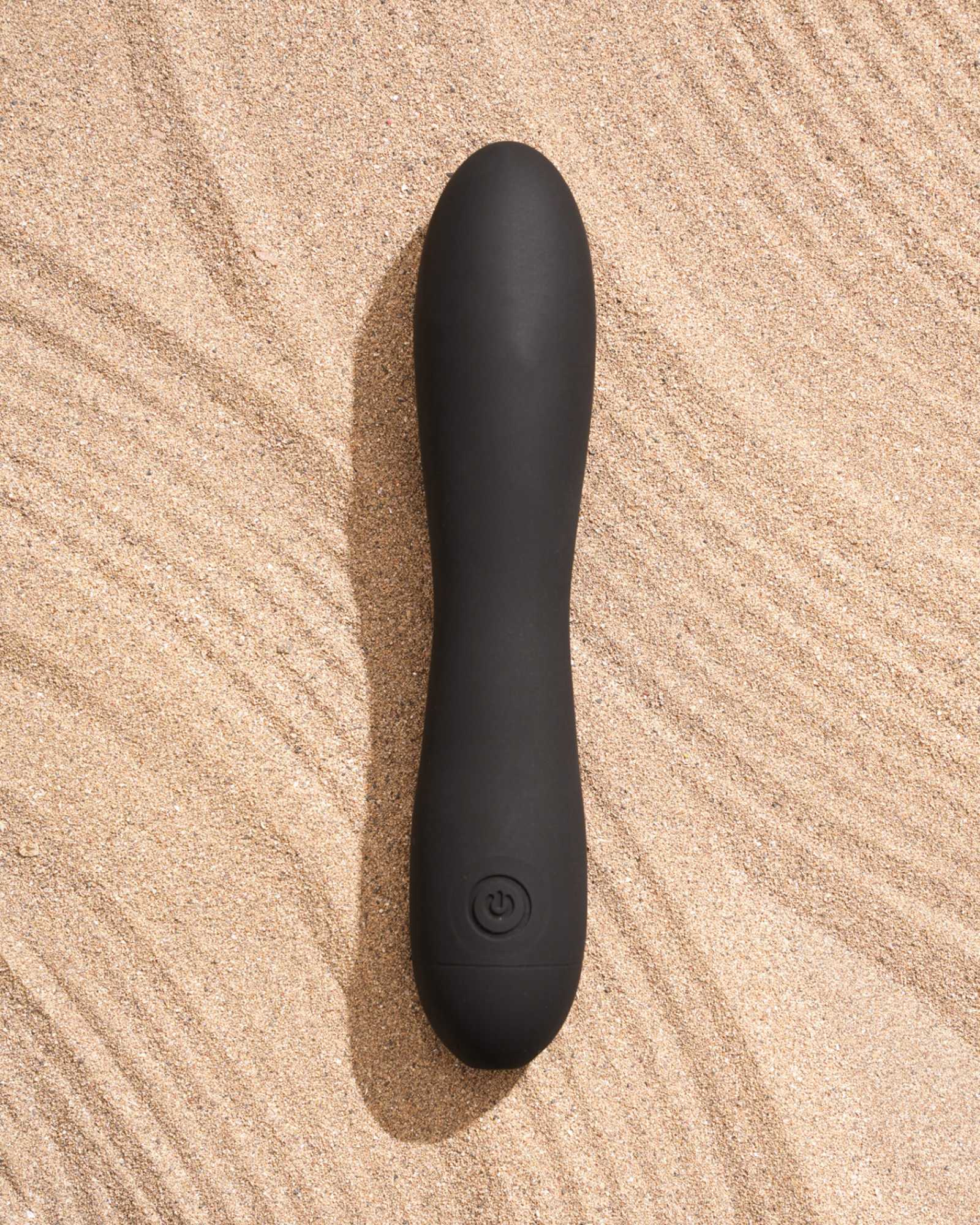
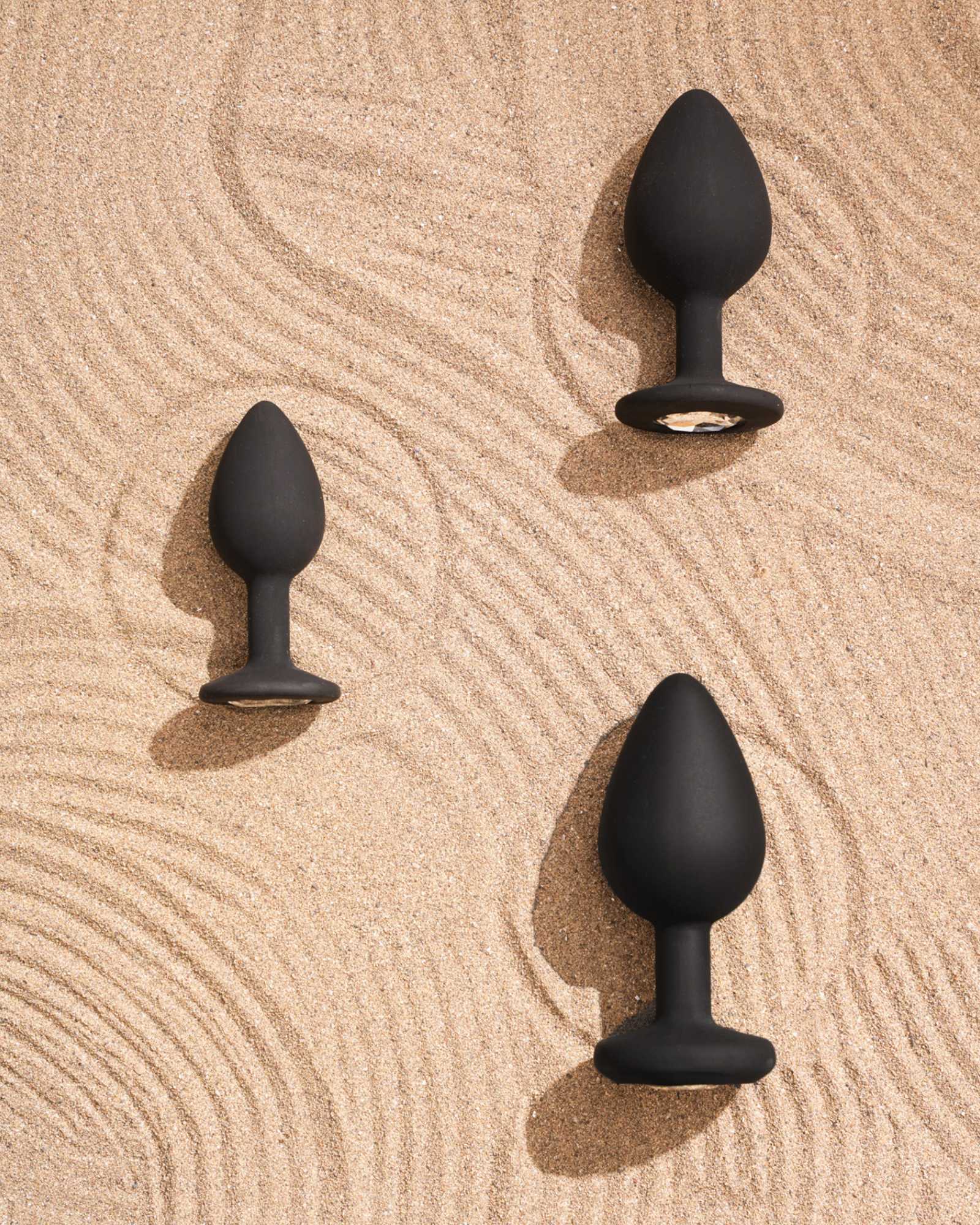
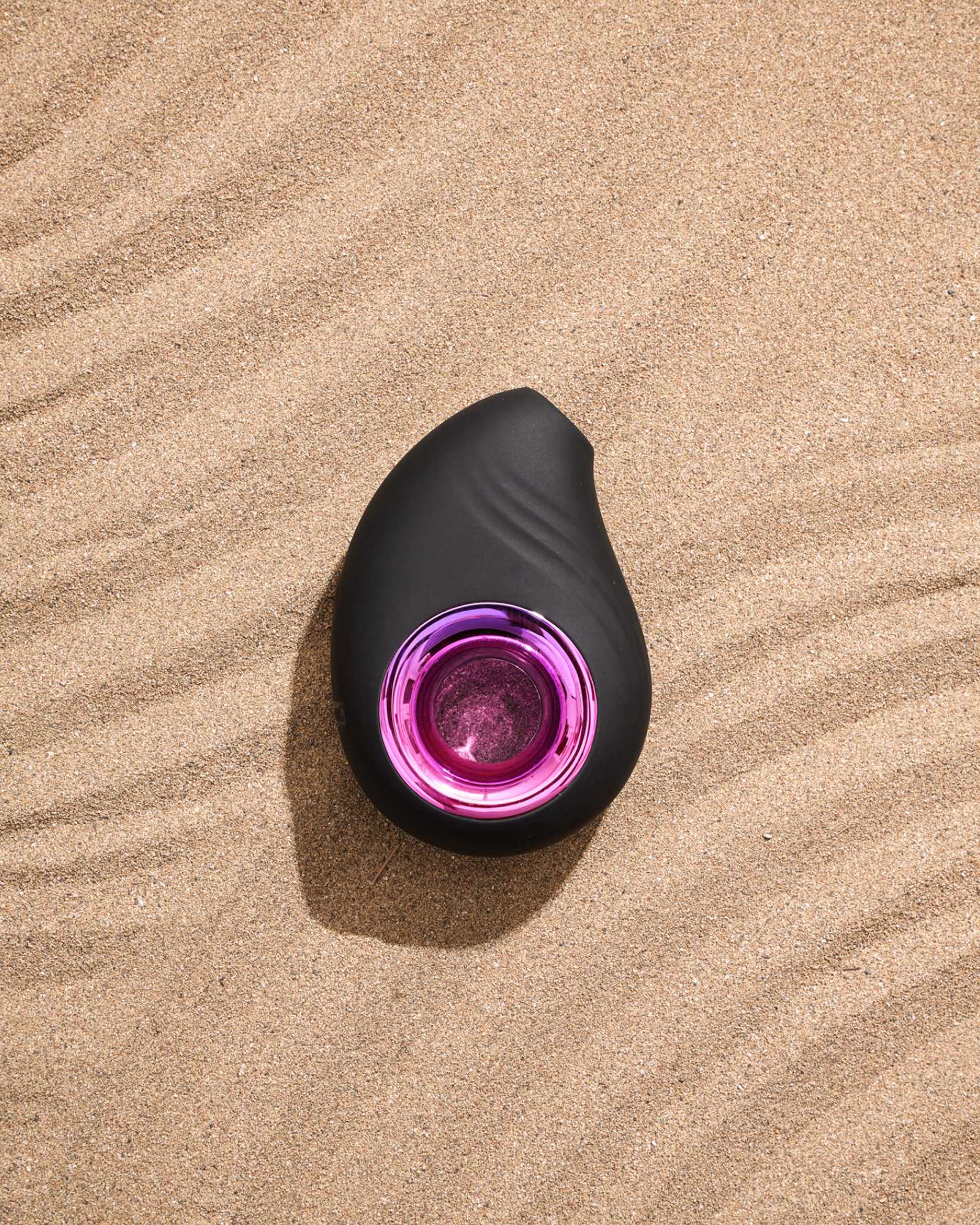
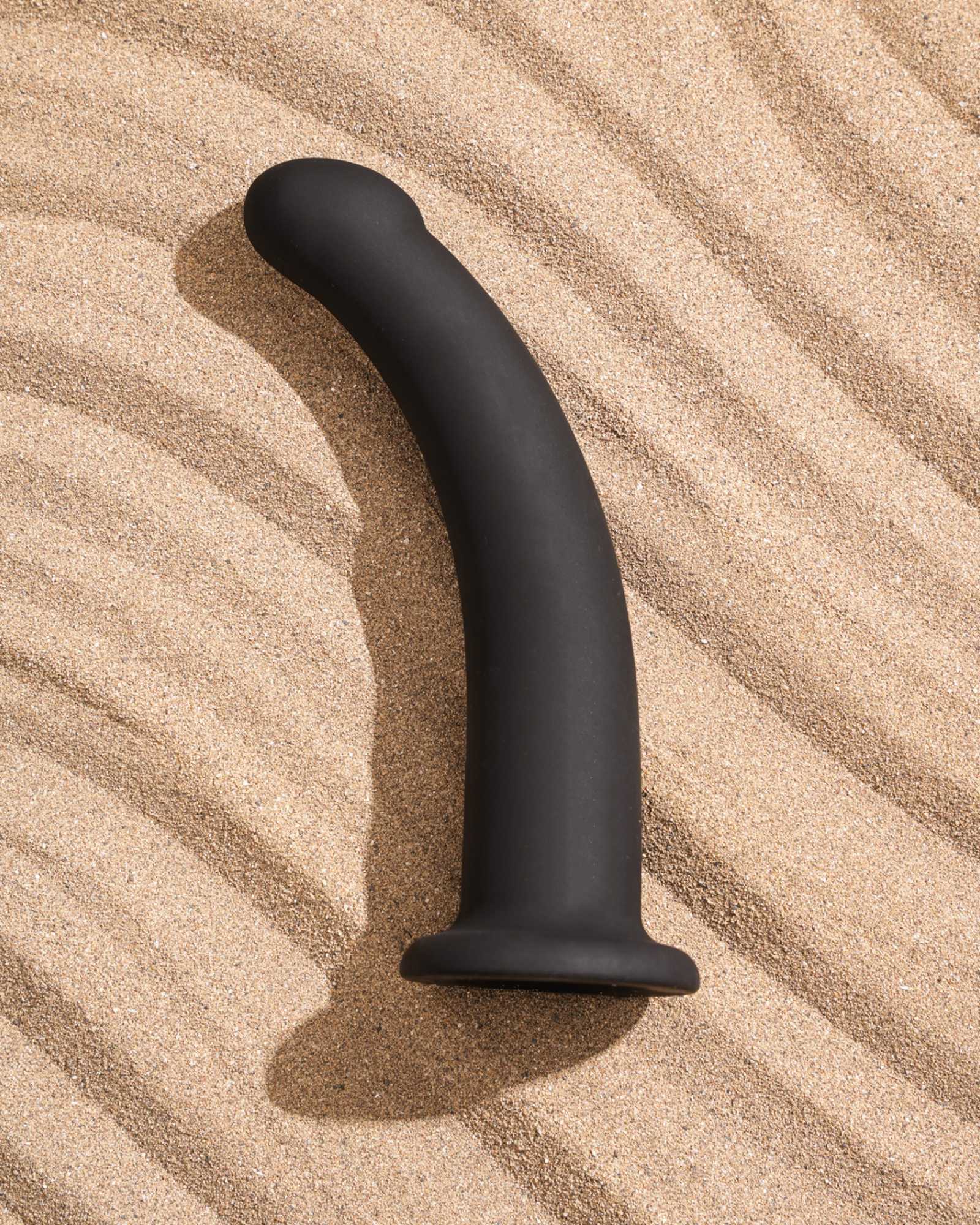
Leave a comment
This site is protected by hCaptcha and the hCaptcha Privacy Policy and Terms of Service apply.